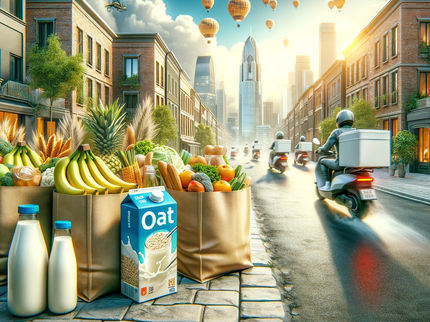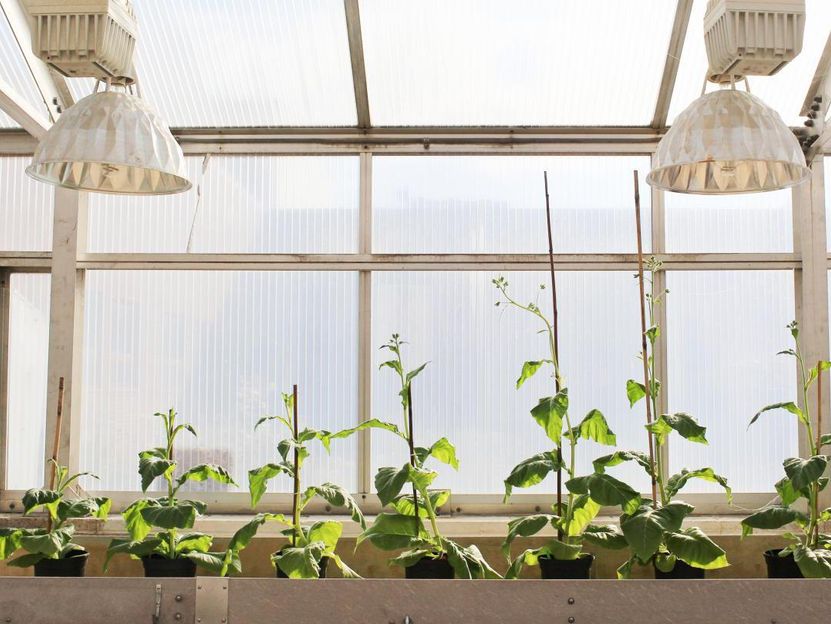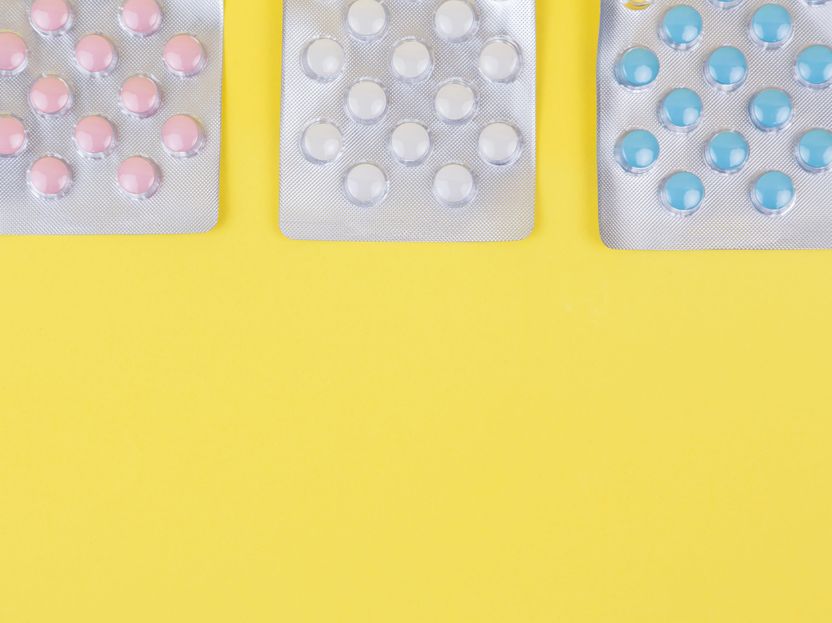Using science to help avocados stay fresh
Advertisement
Smashed on toast, creamed in guacamole or blended into salad dressing, avocados always seem to be popular. However, the fruits are notoriously finicky, going from pale green and firm to brown and mushy in the blink of an eye. Now, researchers in ACS Food Science & Technology report a chitosan-based coating that preserves them for longer periods. The team also developed an imaging technique to quickly predict their shelf life.
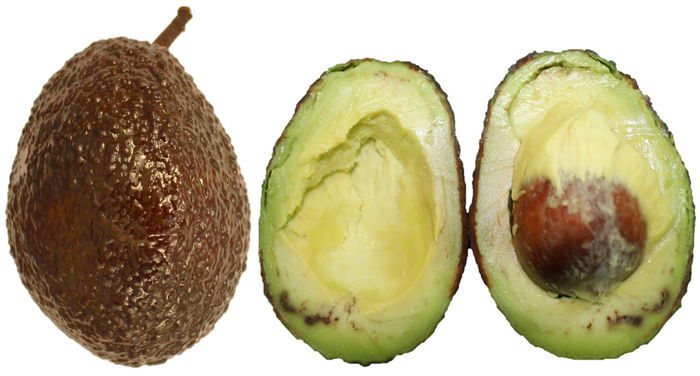
A chitosan-based coating (used on the fruits shown here) and a prediction technique could improve the quality of avocados.
Adapted from ACS Food Science & Technology 2023, DOI: 10.1021/acsfoodscitech.3c00084
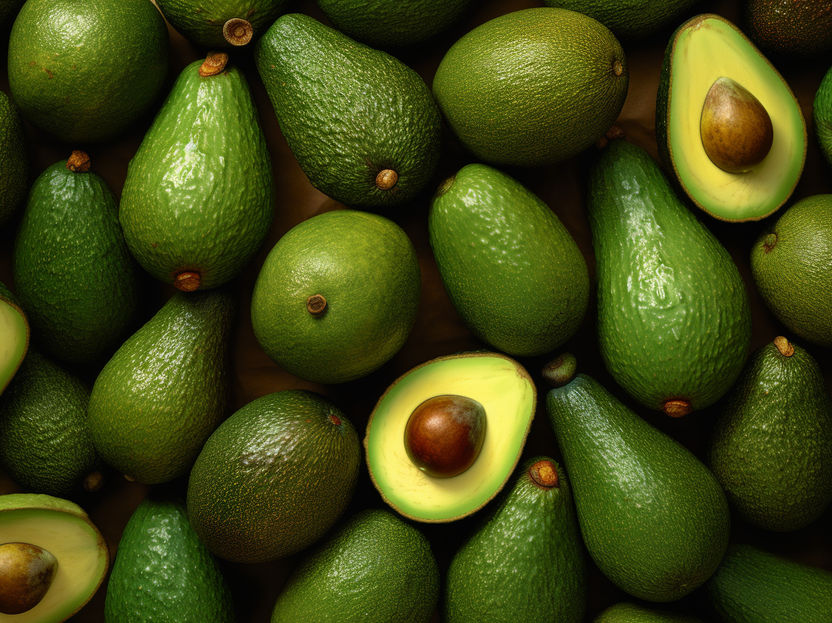
symbolic picture
computer generated picture
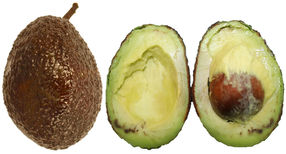
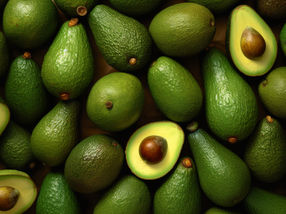
To tell if avocados are ripe, most people gently squeeze them, and a little sponginess indicates that they’re mature. Producers conduct similar assessments to determine which avocados can withstand transportation to grocery stores. Despite these tests, some of them spoil prematurely. Therefore, researchers have developed techniques to delay ripening, using compounds such as 1-methyl-cyclopropene (1-MCP). And more recently, studies have shown that naturally-derived chitosan — a biomaterial derived from shellfish exoskeletons — imparts antimicrobial activity when applied as a coating to fruits, including avocados. So, Angie Homez-Jara, Angelica Sandoval-Aldana and colleagues wanted to compare the effectiveness of the two preservation methods on avocados’ quality and shelf life.
The researchers treated commercially mature Hass avocados with either gaseous 1-MCP or water-based solutions that contained different concentrations of chitosan. Mimicking realistic transportation conditions, treated and untreated avocados were chilled at 41 degrees Fahrenheit for 21 days and then moved to room temperature to simulate a grocery store environment, until they were rotten. Untreated samples and those treated with either 1-MCP or 1% chitosan-based coating were at optimal ripeness for 6 days. Fruits treated with a 1.5% chitosan-based coating were best for 12 days. However, these samples also had uneven firmness once they were ripe, as well as green and purplish spots in the peel, which the researchers say shows that the chitosan coating could be improved in the future.
Throughout the study, the researchers also imaged the entire surface of the fruits with hyperspectral cameras in the visible and near-infrared spectrum. Then the reflectance data from the images were compared to the avocados’ firmness, peel color, oxygen consumption and weight loss, using a number of computer models. Two machine learning models best explained the changes that occurred during the avocados’ ripening and could predict their remaining shelf life. The researchers say that their chitosan-based coating and prediction technique could help improve the shelf life and quality of avocados for sale.
The authors acknowledge funding and support from the Gobernación del Tolima, the Natural Sciences and Engineering Research Council of Canada Discovery Program, the Ontario Graduate Scholarship Program and the SMART Training Platform.
The American Chemical Society (ACS) is a nonprofit organization chartered by the U.S. Congress. ACS’ mission is to advance the broader chemistry enterprise and its practitioners for the benefit of Earth and all its people. The Society is a global leader in promoting excellence in science education and providing access to chemistry-related information and research through its multiple research solutions, peer-reviewed journals, scientific conferences, eBooks and weekly news periodical Chemical & Engineering News. ACS journals are among the most cited, most trusted and most read within the scientific literature; however, ACS itself does not conduct chemical research. As a leader in scientific information solutions, its CAS division partners with global innovators to accelerate breakthroughs by curating, connecting and analyzing the world’s scientific knowledge. ACS’ main offices are in Washington, D.C., and Columbus, Ohio.



